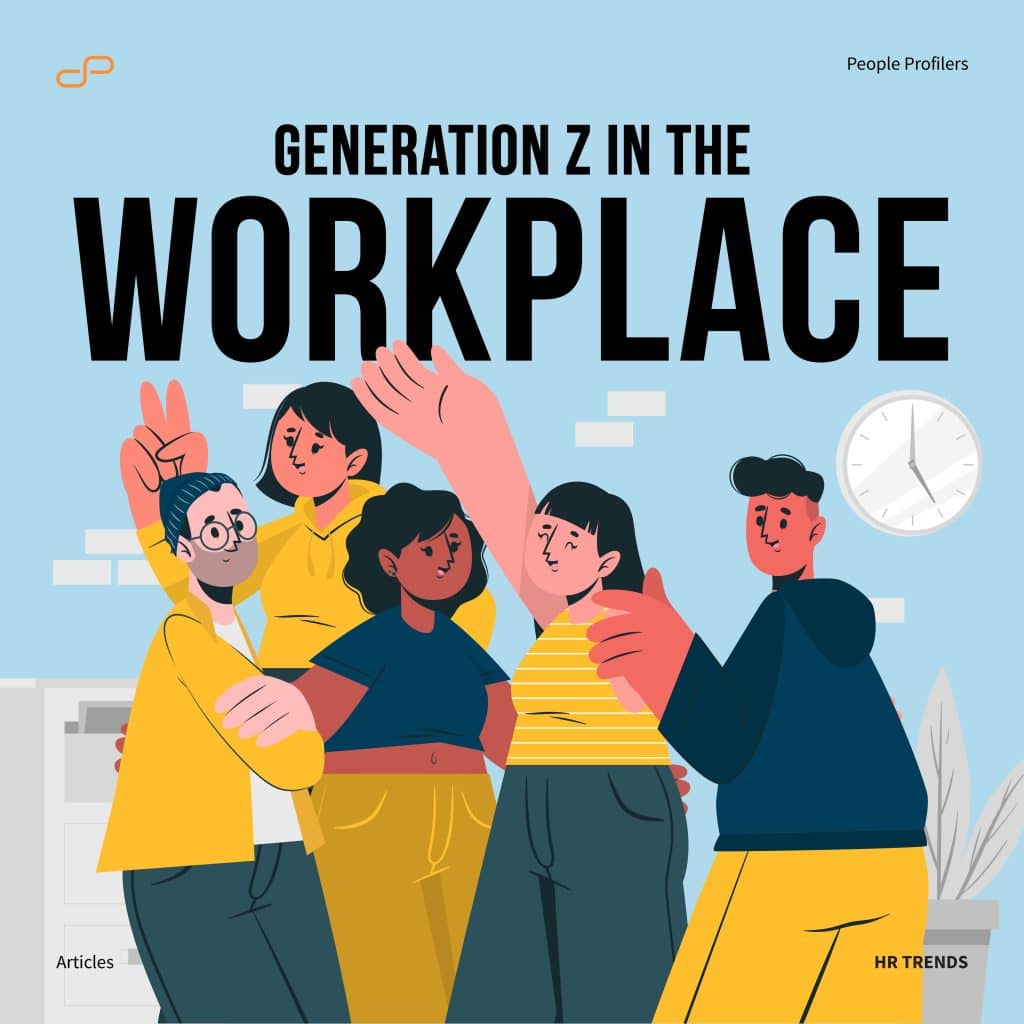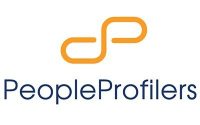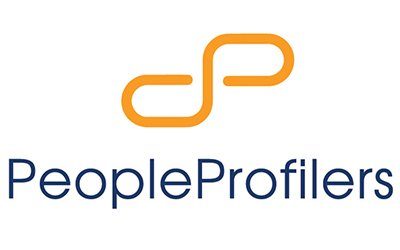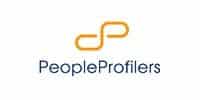
𝗨𝗻𝗱𝗲𝗿𝘀𝘁𝗮𝗻𝗱𝗶𝗻𝗴 𝗚𝗲𝗻 𝗭 𝗶𝗻 𝘁𝗵𝗲 𝗪𝗼𝗿𝗸𝗽𝗹𝗮𝗰𝗲
The fresh graduates stepping out into the workforce these days are no longer millennials—they’re the first generation of complete digital natives who have never used (or even seen) a corded phone in their life: here comes Generation Z. These new Gen Z workers may be the minority now, with the oldest being born in 1996 and the youngest in 2010. Still, they are already starting to emerge in leadership positions and managing startup organisations.
Companies that want to appeal to this next generation of workers and stay relevant must develop an understanding of how Gen Z sees the world.
𝗢𝗣𝗘𝗡 𝗔𝗖𝗖𝗘𝗦𝗦 𝗜𝗡𝗙𝗢𝗥𝗠𝗔𝗧𝗜𝗢𝗡
As the first fully digital native generation, Gen Z has grown up with on-demand access to information. They’re used to getting answers to their questions and finding solutions to problems they face as soon as they encounter them.
Thus, the need-to-know policy that most companies and organisations have will no longer sit well with this new generation of workers. Gen Z workers prioritise transparency and open access to as much information as possible. Anything less may be perceived as a corporate conspiracy to control and restrict. The benefits of this mentality are open communication between employees of all levels and a greater sense of belonging to the organisation; however, giving out access to so much information may sometimes result in employees “jumping ship” or finding a way out for themselves when things start looking bad, rather than banding together to work through corporate challenges.
As your organisation prepares to usher in this new generation of employees that thrives on open communication, consider implementing discussions where results, performance and business needs are shared and providing platforms where workers can provide feedback and implement their solutions for the betterment of the organisation.
𝗥𝗢𝗨𝗡𝗗 – 𝗧𝗔𝗕𝗟𝗘 𝗟𝗘𝗔𝗗𝗘𝗥𝗦𝗛𝗜𝗣
Another fundamental shift in the ideologies of Gen Z as a result of being complete digital natives is leadership. In a Gen Z world, everybody is equal. Bureaucratic, top-down leaders who make decisions and determine outcomes are a thing of the past. Leadership is something invisible, and “leaders” play the role of a facilitator or guide more than they do a boss. Managers are expected to coordinate ideas, integrate the work, and create a safe space where diversity is encouraged, and everyone can make a difference. Gen Z workers also expect accountability from their team and opportunities to exchange constructive feedback with their peers and managers. The pitfall of this round-table style of leadership is consensus paralysis. Gen Z seeks collective opinion when faced with tough decisions, which can be detrimental in the face of crisis and situations of urgency. This reluctance to take charge and responsibility for collective decisions’ outcomes makes recovering from setbacks particularly challenging.
However, with some discomfort, trial and error, this round-table leadership style will evolve and result in flexible types of management that are fueled by the collective’s desire for improvement.
𝗗𝗘𝗦𝗜𝗥𝗘 𝗧𝗢 𝗠𝗔𝗞𝗘 𝗔 𝗗𝗜𝗙𝗙𝗘𝗥𝗘𝗡𝗖𝗘
Gen Zs are the most well-informed generation regarding issues of social responsibility. Having been exposed to and influenced by ongoing global discussions surrounding racism and discrimination, gender equality, sexual harassment, climate change and more, Gen Z has strong views about what life’s most essential pursuits should be.
Their disillusionment with capitalism and meritocracy was exacerbated during COVID-19 when many emerging Gen Z workers were laid off or furloughed. Having always distrusted the status quo and despised the philosophy that only the best are rewarded for their efforts, Gen Z workers emphasise their values and personal priorities more.
They are the most purpose-driven generation in the workforce today, and companies and organisations need to appeal to their values and pursuits to unleash their fullest potential.
The impact of Gen Z’s entry into the workforce in the coming years will be profound. Along with them, this generation of all-around digital natives will be accompanied by a wave of unstoppable changes in the technical way work is done and perceived. Therefore, understanding their strengths and weaknesses and helping them assimilate into the workplace is crucial for the betterment of companies and organisations looking to have a place in the future of work.
Get in touch with People Profilers and discover the most suitable Gen Z workers for the work your organisation is doing!


